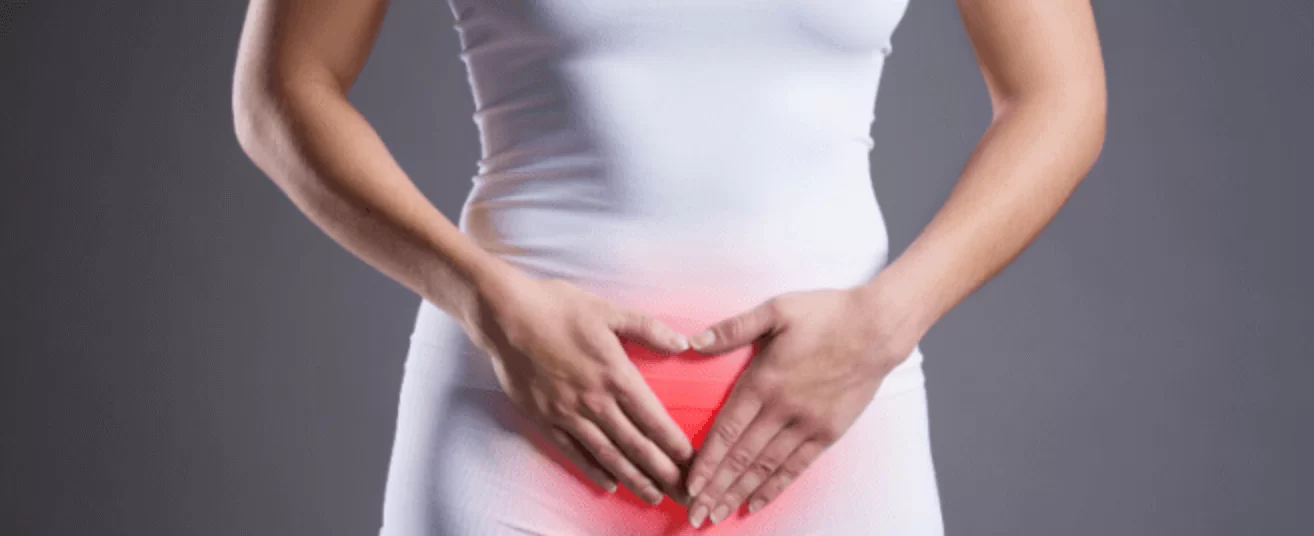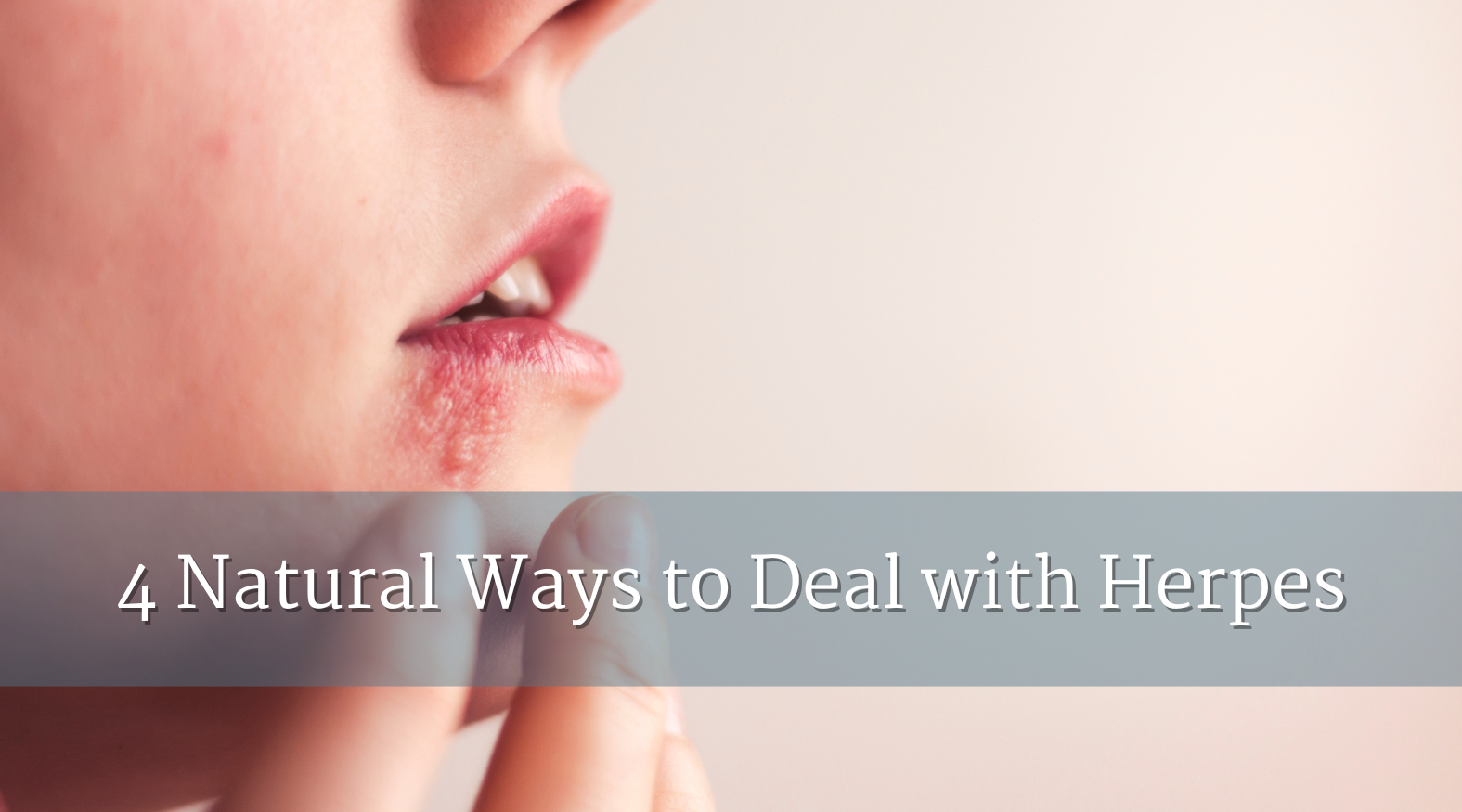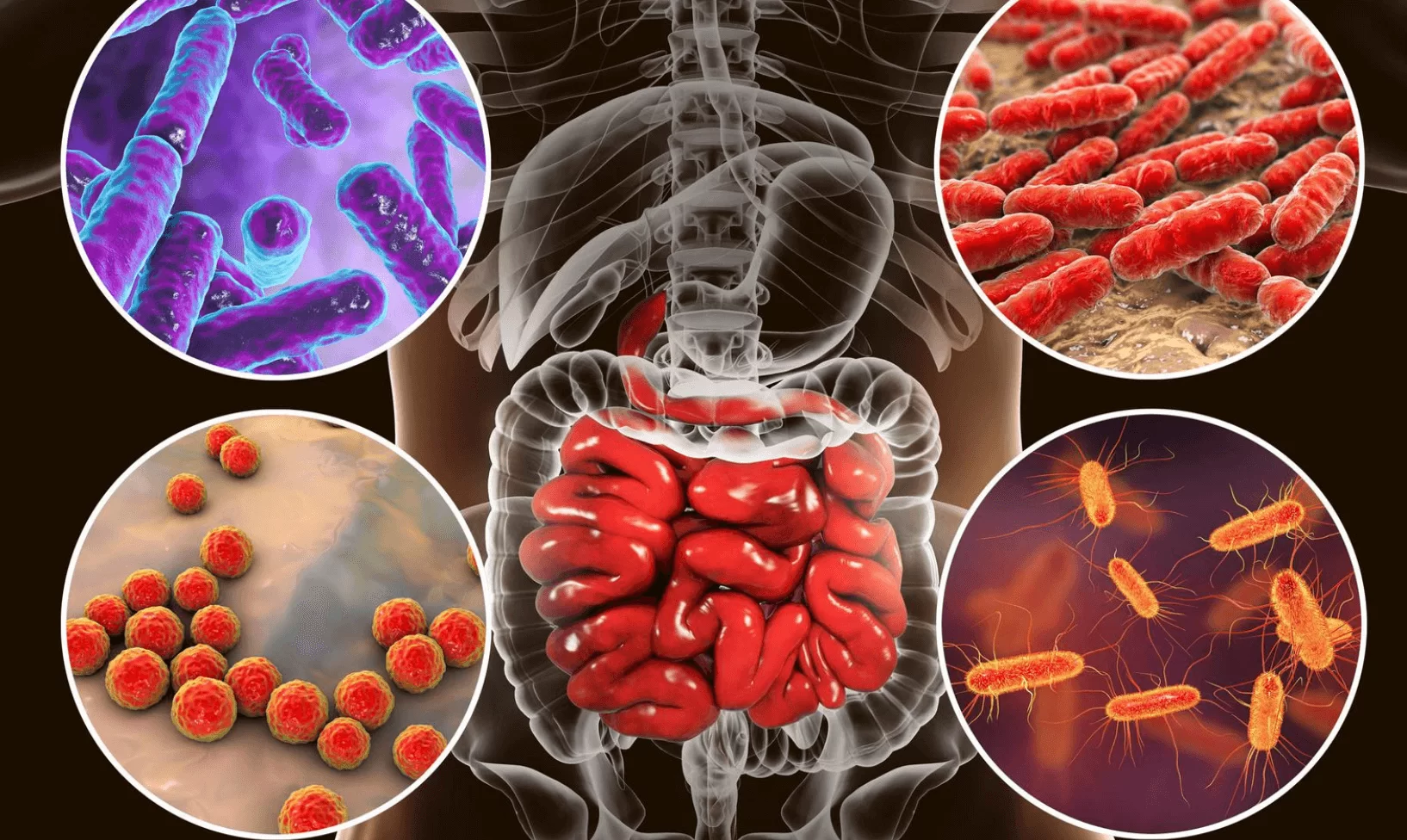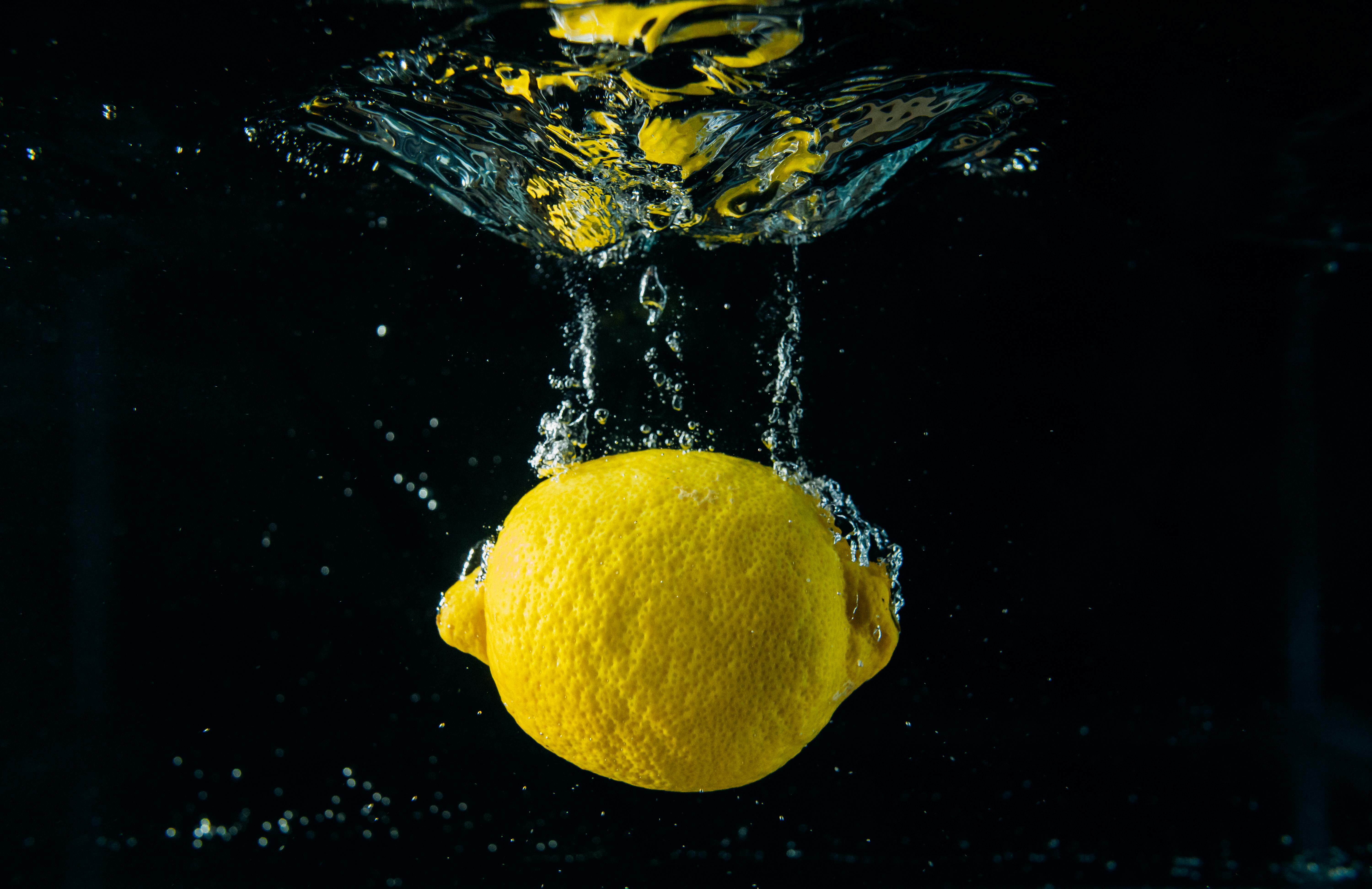
How do you know you have cystitis and how do you get it?
Cystitis is a very compromising condition indeed; it is one that cannot be ignored, is persistent and sometimes causes incredible discomfort. There are many ‘quick fix’ remedies that may go some way toward reducing the inflammation, but when cystitis is not just a one-off infection (or sometimes, even if it is), there is an underlying cause that should be addressed.
Cystitis is an acute inflammation of the bladder and is caused by a bacterial infection. Cystitis happens because bacteria can come into contact with the body, travelling up the urethra to the bladder. Women have shorter urethras than men, which makes them more likely to develop cystitis; this is because the bacteria don’t have to travel so far.
It is relatively common and at least 20 per cent of women are expected to suffer from it at some point. Men do experience it too, and there are other forms of cystitis, such as interstitial cystitis that is a chronic infection that is very difficult to manage.
Cystitis typically consists of a burning sensation when urinating, and can also be indicated by a repeated sense of urgency even though little or no urine is passed. Sometimes when the sufferer is able to pass urine, it contains blood or is cloudy or foul-smelling. It may also be the case that you will have lower back or pelvic pain.
Cystitis can be caused by many things. For example:
- Frequent sexual relations
- Not emptying the bladder effectively
- Dehydration
- Bubble baths (they change the consistency of the bathwater and allow germs into the urethra)
- Swimming in public pools and the sea
There are many types of bacteria that can cause infection, but coliform bacteria found in the bowel are frequent culprits. If you have a low-level inflammation that goes untreated, this can negatively impact the tissues and muscles over time. If your alkalinity and/or hormones are imbalanced (especially during menopause), this can also be a trigger for cystitis – especially if you already had a low level of inflammation in the body.
Acid is not your friend. Here’s what you should avoid:
Acidity is a major factor in developing all kinds of health conditions, and cystitis is just another one aggravated by an acidic bodily environment.
Highly acidic drinks such as soda/soft drinks, coffee, tea and fruit juices are well worth avoiding if you have frequent flare-ups. Soda is one of the worst, most irritating products as it has four nasties in it: acidic carbonation, citric and phosphoric acids, caffeine and artificial sweeteners.
Cranberry juice is often thought to be helpful but in reality, it’s very acidic and can actually aggravate the condition more. Coffee and tea (including green and herbal teas) are acidic and diuretic, meaning that you’ll need the toilet more; not what you need when it’s burning! Alcohol and smoking are also common cystitis triggers as they constrict the blood vessels in the bladder so that they can’t effectively remove inflammatory substances.
MediMush recommends drinking hot water with lemon, or mint teas with peppermint or spearmint leaves.
Tomatoes should also be avoided because of their acidity, as should any yeast promoting foods like sugar and vinegar. Cystitis is often found to be present when women have systemic candida and will diminish once the candida is effectively treated. Another thing to avoid is gluten, which is highly inflammatory.
Although antibiotics are often prescribed as a treatment for cystitis, they can actually do more harm than good in the long run do not deal with the cause of the problem. It is worth studying the effects of this before accepting a prescription. There are other possibilities for healing from cystitis such as those mentioned below.
One of the major keys to great health is alkalinity. If you do not have an alkaline body, you will be unable to repair yourself effectively. So, if you keep on pouring acidic foods and drinks into the body, it can’t get on top of things and just succumbs to the acidity, which is when you will notice symptoms becoming more intense. This can be a slippery slope, and it’s only proper awareness and implementation of a truly healthy diet that will reverse the process.
What can you do about your cystitis?
It is not necessary to take antibiotics. There are natural anti-inflammatory/ anti-bacterial products available that are powerful and effective but don’t damage the body. One such product is MSM sulphur derived from wood pulp. Turmeric is also very anti-inflammatory and has lots of other health benefits.
As we mentioned already, your diet and lifestyle is key and must be assessed honestly. Finding ways to promote alkalinity over-acidity will make a world of difference to a one-time or chronic cystitis condition. When following an alkaline diet, your inflammation will decrease, as will your symptoms.
MediMush understands very well how to alkalise the body, and we have on offer a range of specially designed alkalising products to help you make a speedy recovery. Feel free to ask us anything, any time!




 Does ADHD Exist or a Convenient Diagnosis?
Does ADHD Exist or a Convenient Diagnosis?
 How Iridology Can Save You From Future Diseases
How Iridology Can Save You From Future Diseases

.png)












